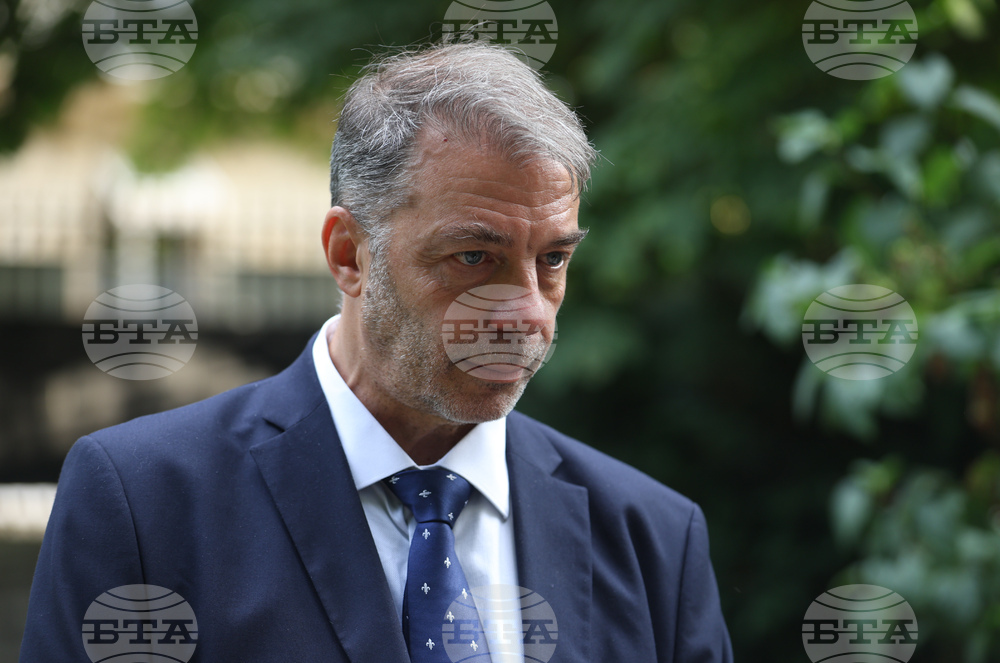site.btaProf. Nikolay Nenov to BTA: Success of Bulgaria’s Chairmanship of UNESCO World Heritage Committee Session Is Success for All


Prof. Nikolay Nenov, who chaired the 47th session of the UNESCO World Heritage Committee, told BTA: “Cultural heritage is something we configure ourselves. We create it in order to preserve it - for us and for future generations. For us, it is important. For those before us, it was not considered ‘heritage.’ From that perspective, Bulgaria’s success with this chairmanship is indeed a shared achievement.”
“I am grateful and satisfied with how Bulgaria led the 47th session of the UNESCO World Heritage Committee,” he added. “Many people helped - our team from the Ministry of Foreign Affairs and the Ministry of Culture, the Secretariat, and even the Committee member states. Everyone gave their best, because this is a collective effort. We must stand together and make decisions by consensus.”
Nenov emphasized that holding the session at UNESCO’s headquarters in Paris significantly boosted Bulgaria’s international visibility. “Numerous exhibitions were launched, many events were held, and each was noted and appreciated,” he said.
He also highlighted the delicate balance in the decision-making process between expert opinions and political considerations. “Both sides are deeply concerned with preserving cultural heritage,” he noted. “Experts focus on ensuring long-term sustainability, while political decisions, surprisingly at times, reflect the voices of local communities. In that sense, they align with the desires of the people on the ground.”
The 47th session of the UNESCO World Heritage Committee, chaired by Bulgaria, took place from July 6 to 16 at UNESCO Headquarters in Paris. During the session, Bulgaria showcased both cultural and natural elements of its national heritage.
The Committee decided to inscribe 26 new sites on the UNESCO World Heritage List, 21 cultural, four natural, and one mixed site, bringing the total number of World Heritage properties to 1,248. These now include 972 cultural sites, 325 natural sites, and 41 mixed ones. The Committee also approved extensions for two existing sites.
Notably, Guinea-Bissau and Sierra Leone inscribed their first-ever sites on the World Heritage List. The Committee reviewed the conservation status of 248 already-listed properties. Three African sites- the Rainforests of the Atsinanana (Madagascar), Abu Mena (Egypt), and the Old Town of Ghadames (Libya)- were removed from the List of World Heritage in Danger due to significant improvements in preservation.
UNESCO (United Nations Educational, Scientific and Cultural Organization) was founded on November 16, 1945. Bulgaria became a member on May 17, 1956, the same year it established its National Commission for UNESCO to coordinate activities between Bulgarian institutions and the organization.
The World Heritage Committee is one of the two governing bodies of the Convention Concerning the Protection of the World Cultural and Natural Heritage. It is composed of representatives from 21 of the 196 States Parties to the Convention.
/PP/
news.modal.header
news.modal.text
